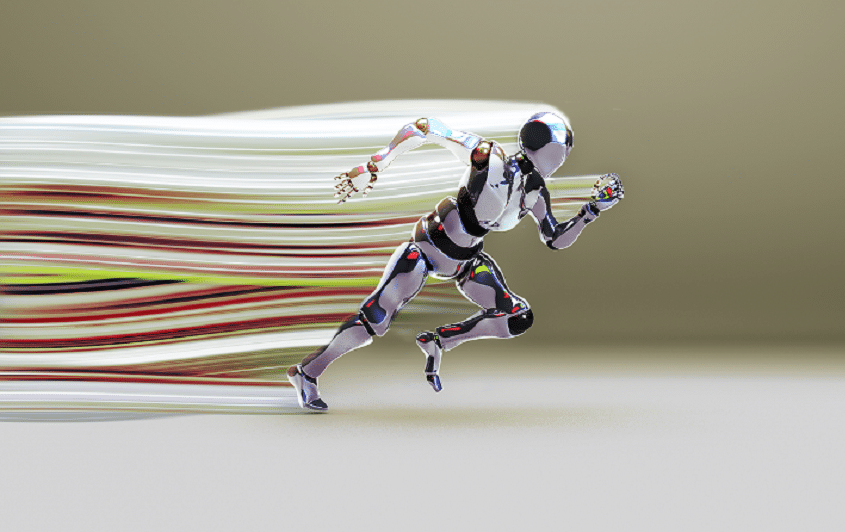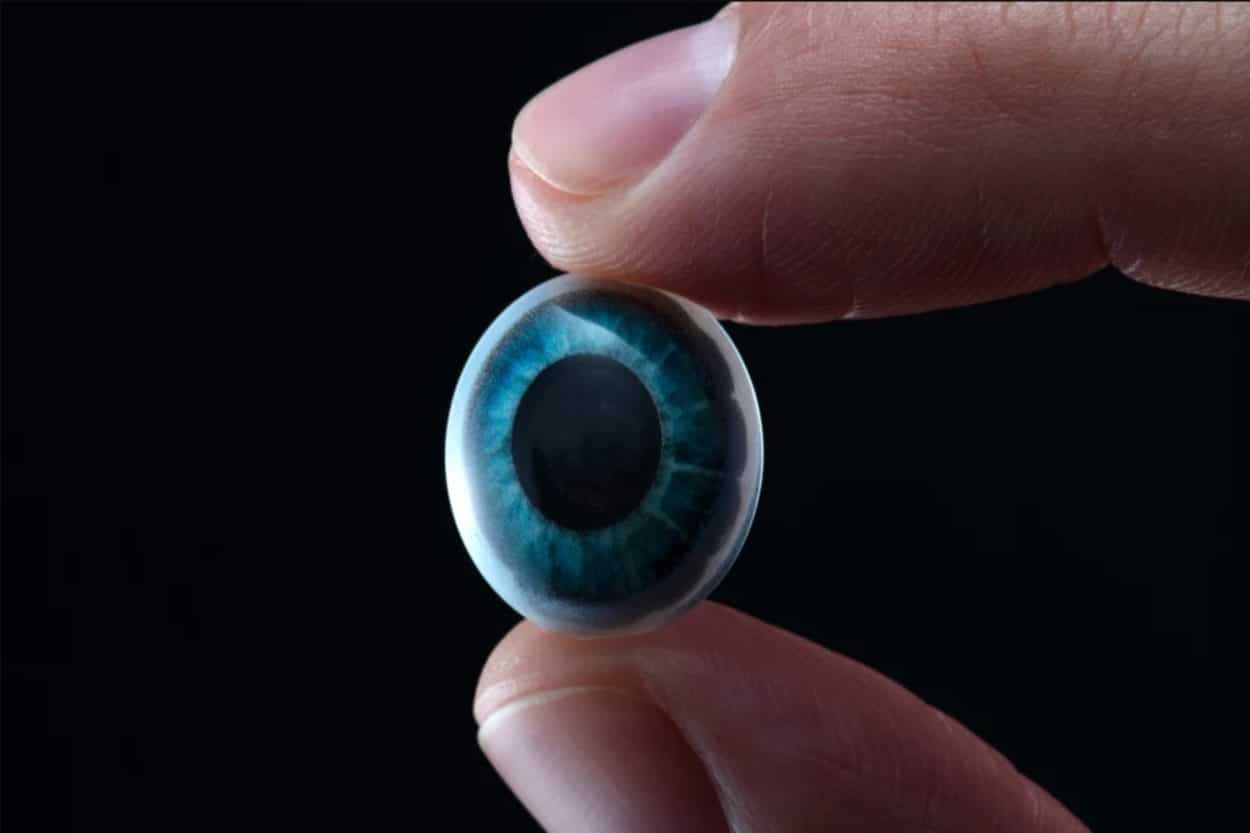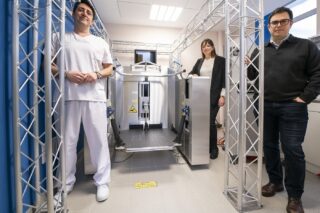Driven by technology, today’s healthcare industry is evolving at breakneck speed. The rise of emerging technologies such as artificial intelligence (AI), robotics, drones and sensors is reshaping the boundaries of what patients and healthcare professionals consider possible.
Focus is increasingly shifting from the needs of healthcare organizations to the needs of patients, with more and more care delivery taking place outside of healthcare facilities. The rise of AI has also led to a greater focus on prevention and early diagnosis, while other next-generation technologies are empowering customers by providing them with greater insight into their health and greater control over their care. Two separate webinars at the recent CES 2021 digital tech event discussed some of the key technological trends and innovations driving the healthcare revolution. Here are some of the highlights.
A Smart Future
Aloha McBride, Global Health Leader at EY, talked about how the future of technology-enabled health is not only digital but smart too, with people, the environment and infrastructure connected in a single, intelligent, data-optimized system of care. The Covid-19 pandemic has made this smart transition an even more urgent priority, with the rapid implementation of digital services creating the building blocks for digitally-enabled smart health. McBride said:
“Today the foundational elements of a whole range of digital technologies are increasingly driving healthcare data flow. Going forwards, our ability to use that data in ever smarter ways will allow us to create personalized, efficient, seamless and effective care outcomes for patients and place greater emphasis on predictive and preventative healthcare.”
The rise of smart health will see the home increasingly become the center of care—enabled through virtual care models, AI and IoT technologies—while the cloud and platforms will interconnect the ecosystem and provide access to shared resources.

Automated Diagnostics and Trials
Philip Alvelda, CEO and chairman of Brainworks Foundry, spoke about how definitive molecular diagnostic lab tests, combined with the rise of powerful new AI technologies, are on the threshold of transforming healthcare and offering a “democratization” of healthcare access. While Covid-19 has led to an increase in home testing, Alvelda said he believed current tests are too expensive and pointed to next-generation gene sequencing platforms as a solution that could not only drive down costs but significantly increase testing throughput.
Nicole Lambert, President of Myriad Genetic Laboratories, also talked about how molecular diagnostic tests are addressing pressing clinical needs across multiple medical specialties, significantly improving patient care and lowering healthcare costs. The company’s myRisk Hereditary Cancer and riskScore tests can better inform individualized clinical screening and prevention strategies for women at risk of developing breast cancer.
Charles Fisher, CEO of Unlearn.ai, shared a groundbreaking new way to accelerate clinical trials using machine learning and digital twinning. Traditional clinical trials are both expensive, time-consuming and risky, with very few drugs making it through to full-scale production. Unlearn.ai is leveraging AI to run faster, smaller-scale trials (with up to 35% fewer subjects) that deliver more accurate results.
READ ALSO | Digital Twinning Hydroxychloroquine and Other Covid-19 Molecules
Consumer Focus
One of the trends of the new healthcare revolution is the technological empowerment of consumers. Ashley Tuan, Vice President Medical Devices at Californian start-up Mojo Vision, talked about how her company is developing a bionic contact lens. The lens, which took CES 2021’s Last Gadget Standing prize, is packed with sensors that track visual inputs and eye motion and can enhance vision for the visually impaired.

Last but not least, Adam Pellegrini, Senior Vice President at CVS Health, talked about how his company is expanding its health strategy to include senior care through the launch of Symphony, an Amazon Alexa-like, smart home medical alert system. The system connects a suite of sensors that can monitor for falls, motion and room temperature, while also providing an around-the-clock personal emergency response platform.











